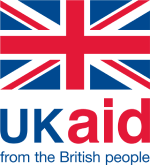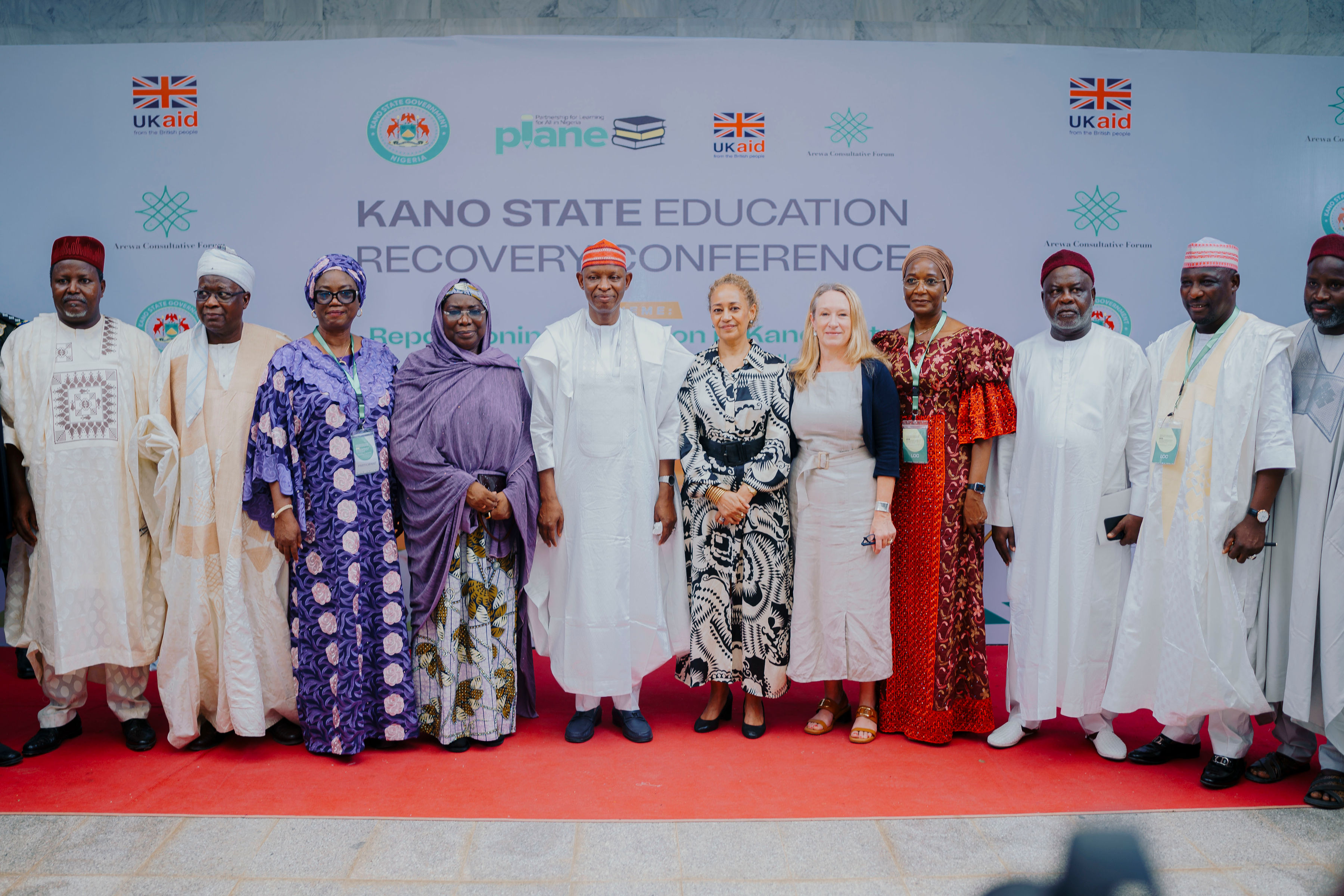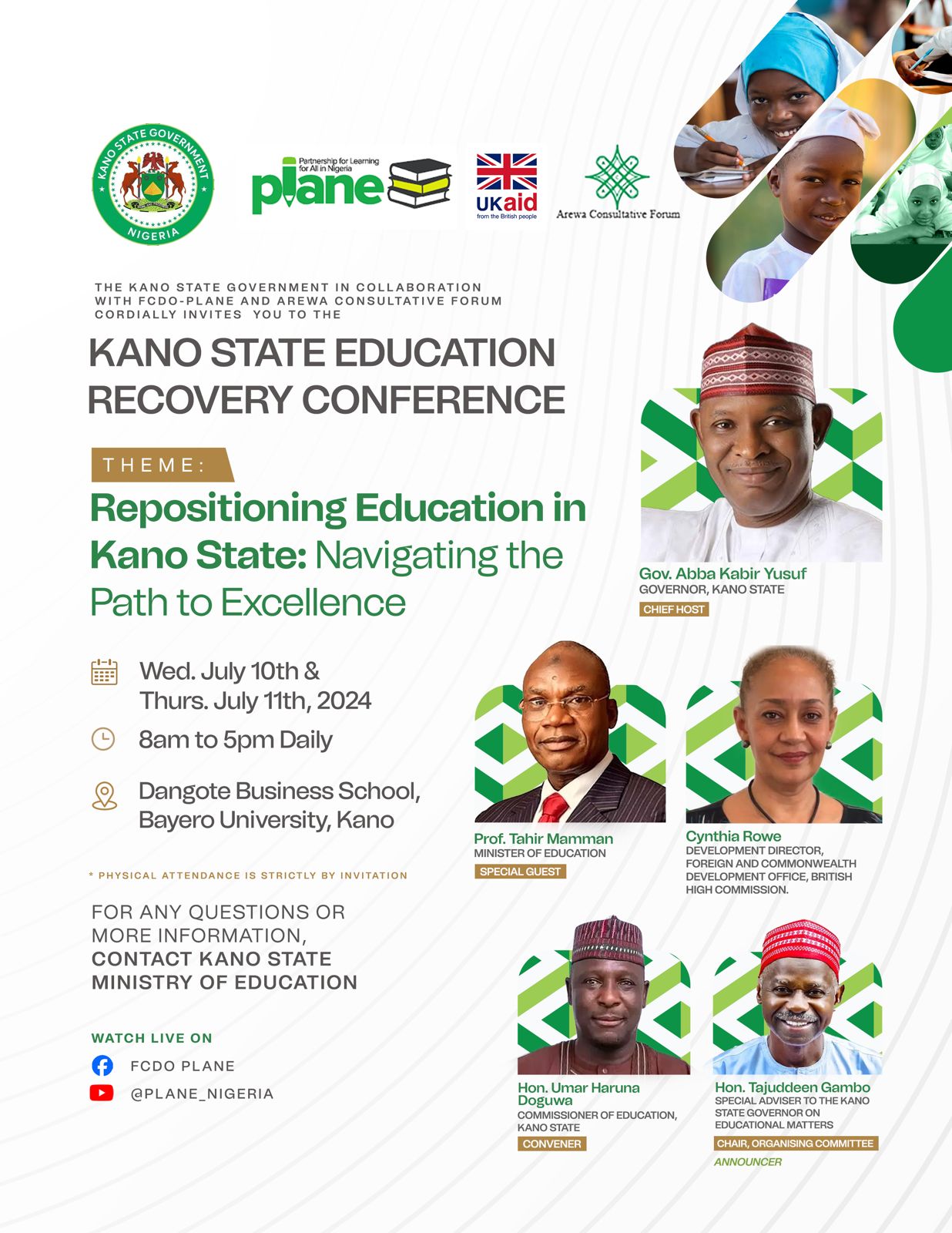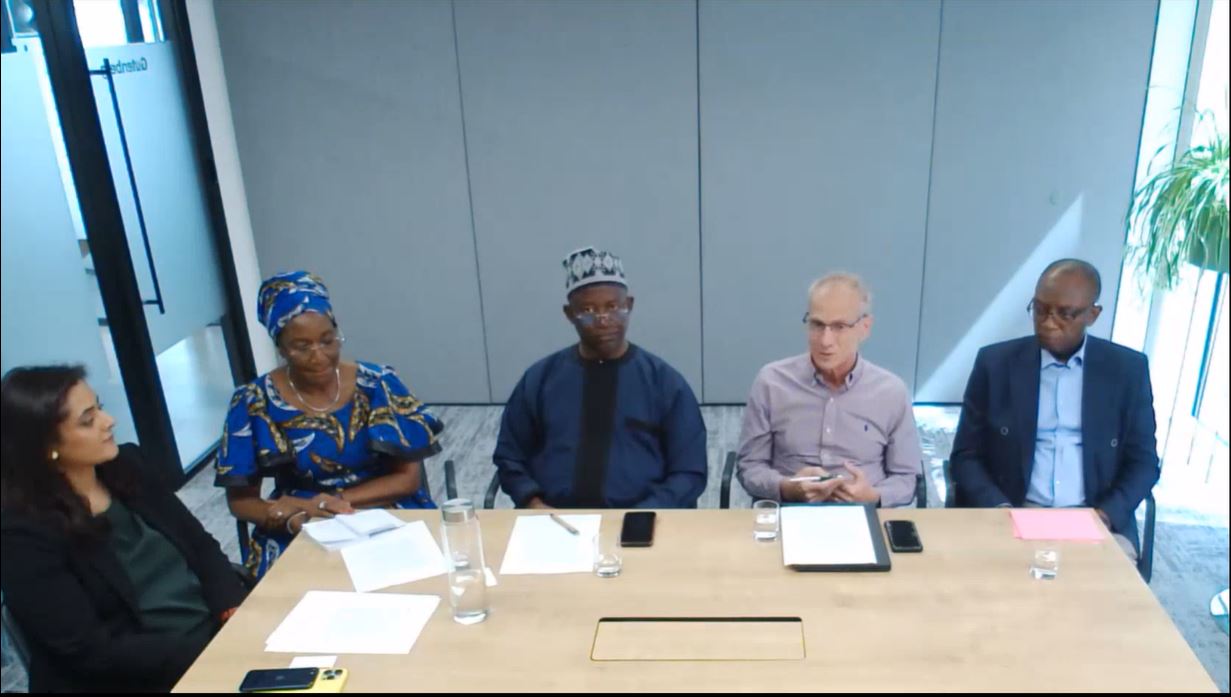ABOUT US
PLANE Window One, operating from 2021 to 2028 at the Federal level and in Jigawa, Kano, and Kaduna states, aims to build a more inclusive and effective education system in Nigeria. Our mission is to ensure that every child has access to quality education, driving positive individual and societal development.
PLANE Window One seeks to create inclusive and effective education systems that deliver foundational skills, improving learning outcomes for all children, especially marginalized groups.
We focus on enhancing education quality, teacher competency, and Grade 6 completion rates. Delivery focuses on delivering results in four Output Areas:
- Improving teaching, learning materials & approaches: Strengthening foundational learning opportunities and implementing accelerated learning interventions.
- Improved governance of state systems: Enhancing policy, planning, accountable financial management, and human resource management.
- Governance of the non-state system: Strengthening regulations and accountability in non-state schools through partnerships and innovative practices.
- Evidence generation, communication, and use of evidence for citizen-state engagement & service delivery: Establishing a robust monitoring and evaluation system, conducting research, and utilizing evidence for strategic communication and improved services.
Through evidence-based approaches, effective governance, and strategic partnerships, PLANE Window One aims to elevate the quality of education in Nigeria, ensuring equitable access and positive learning outcomes for all children.
PLANE WINDOW ONE
A Systems Approach To Strengthen The Education System
Play Video
OUR GOAL
The PLANE program in Nigeria aims to improve literacy rates and transition rates for children and young people by reducing pupil-teacher ratios in schools. The goal is to achieve these improvements by August/September 2028.
Timeline
7 years
2021-2028
OUR OUTPUT AREAS
PLANE Window One focuses on four output areas to improve education in Nigeria, namely:
PLANE Window One focuses on four output areas to improve education in Nigeria. It aims to enhance teaching approaches, strengthening foundational and accelerated learning. The program also seeks to improve governance of state systems, including policy, financial management, and human resources. Additionally, it aims to strengthen regulations and accountability in the non-state school sector. Lastly, PLANE Window One emphasizes evidence generation, communication, and citizen-state dialogue to drive improved service delivery.
Enhancing teaching approaches, strengthening foundational and accelerated learning.
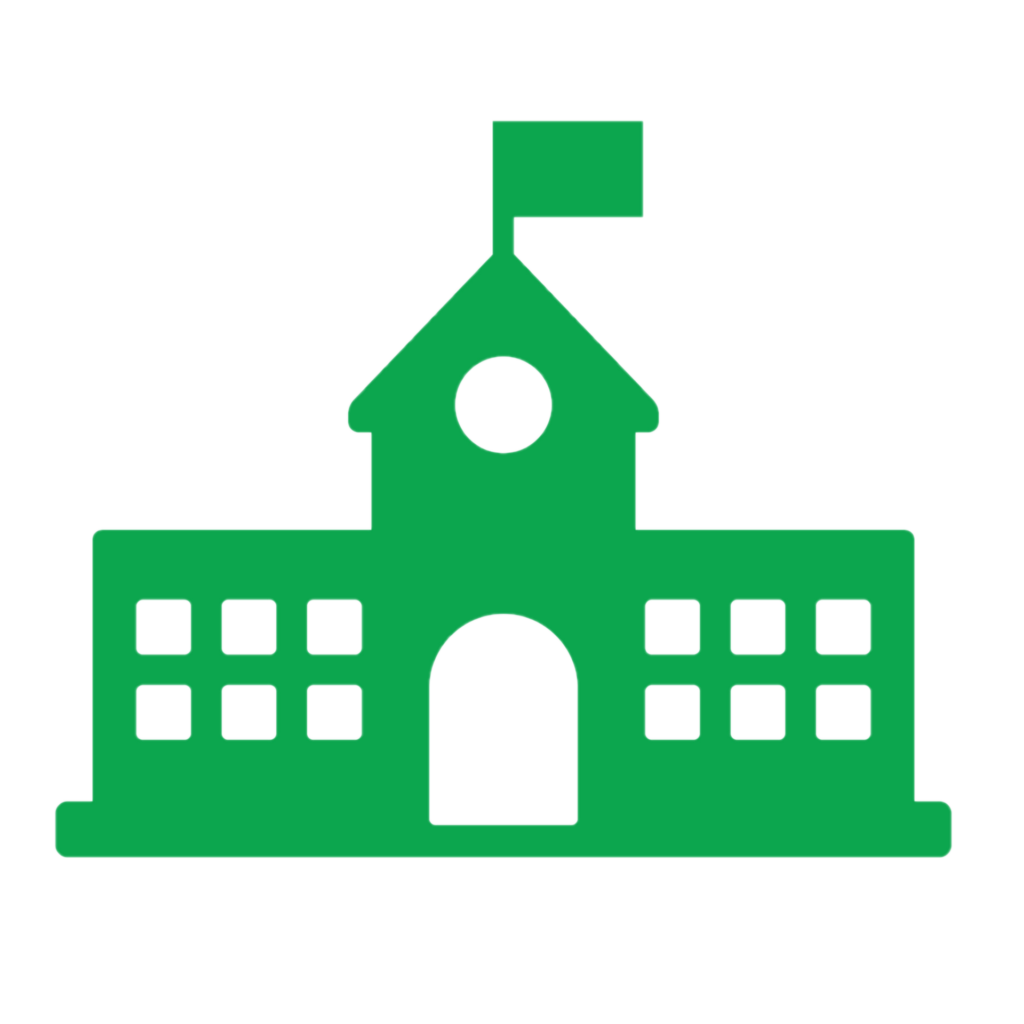
Improving governance of state systems, including policy, financial management, and human resources.
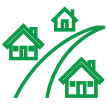
Strengthening regulations and accountability in the non-state school sector.

Emphasizing evidence generation, communication, and citizen-state dialogue to drive improved service delivery.
Our Output Areas
Improving teaching, learning materials & approaches
- Teacher Training: Ongoing mentoring and support to teachers, including classroom observations and feedback, to promote continuous improvement in their teaching practices.
- Foundational Learning: Strengthening foundational learning opportunities from Grades 1 through 6 by improving materials, instruction, school leadership, and assessment.
- Accelerated Learning: Implementing accelerated learning programs to help upper primary grade children acquire foundational skills that were not achieved in lower primary.
Our Output Areas
Improved Governance of State Systems
- Policy and Planning: Formulating inclusive, responsive, and evidence-based strategies and plans through policy and planning.
- Accountable Public Financial Management: Operating accountable and transparent budget execution and public financial management to ensure efficient resource allocation.
- Human Resource Management: Improving human resource and performance management, including recruitment, deployment, retention, and management of teachers and education personnel.
Our Output Areas
Governance of the Non-State System
- Regulatory Frameworks: Establishing effective support and regulatory frameworks for low-cost private schools.
- School Associations: Strengthening the effectiveness of low-cost private school associations.
- Information Sharing: Promoting information sharing to enable greater investment in low-cost private schools and effective models of public-private partnership.
- PPP: Promote effective models of public private partnership
- Qur’anic Schools: Provide support to enable more effective management of Integrated Quranic schools.
Our Output Areas
Evidence generation, Communication and Use of evidence for citizen-state engagement & service delivery
- Monitoring & Evaluation: Developing and implementing an evidence-based monitoring and evaluation system to ensure accountability and compliance.
- Research and Learning: Conducting participatory action research and baseline surveys to gather valuable insights and data.
- Strategic Communication: Establishing strategic communication channels and platforms to share evidence-based research, engage stakeholders, and improve service delivery.
Key Interventions
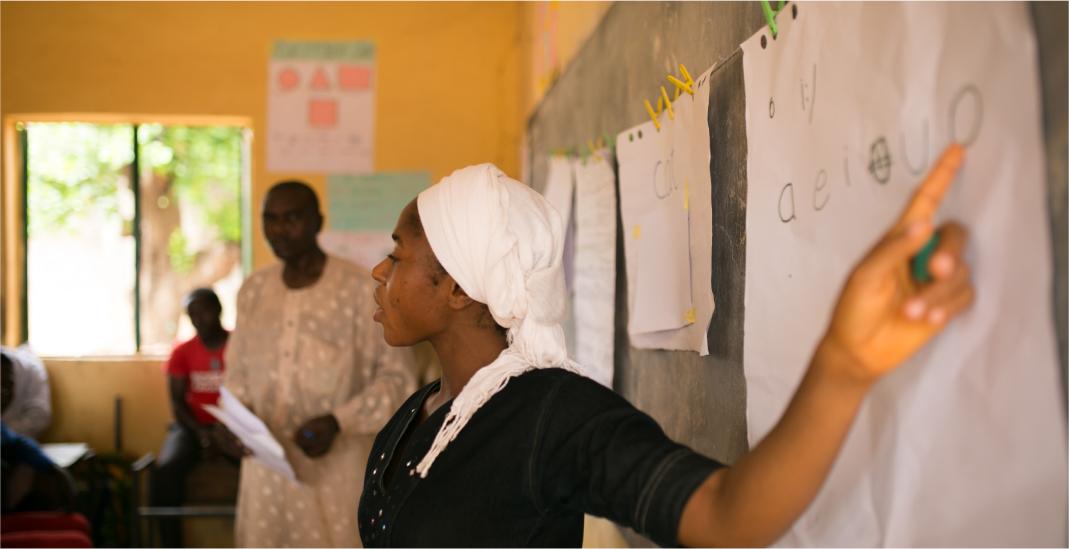
Improved Planning And Public Financial Management
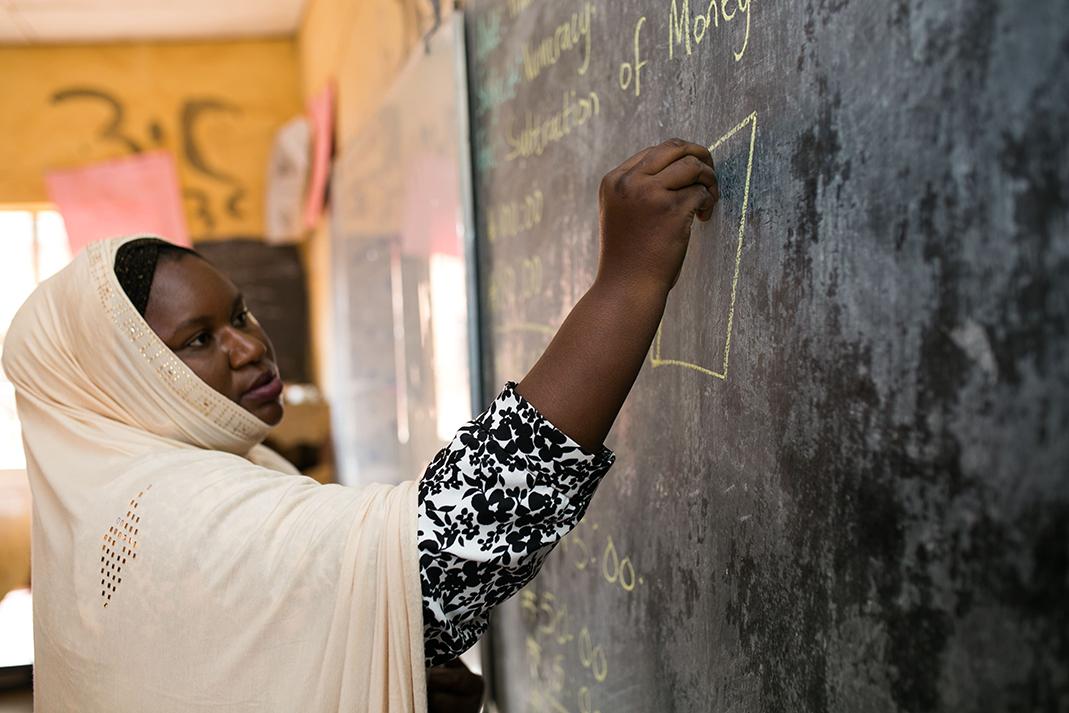
Participatory Approach To Engage Key State And Non-State Stakeholders
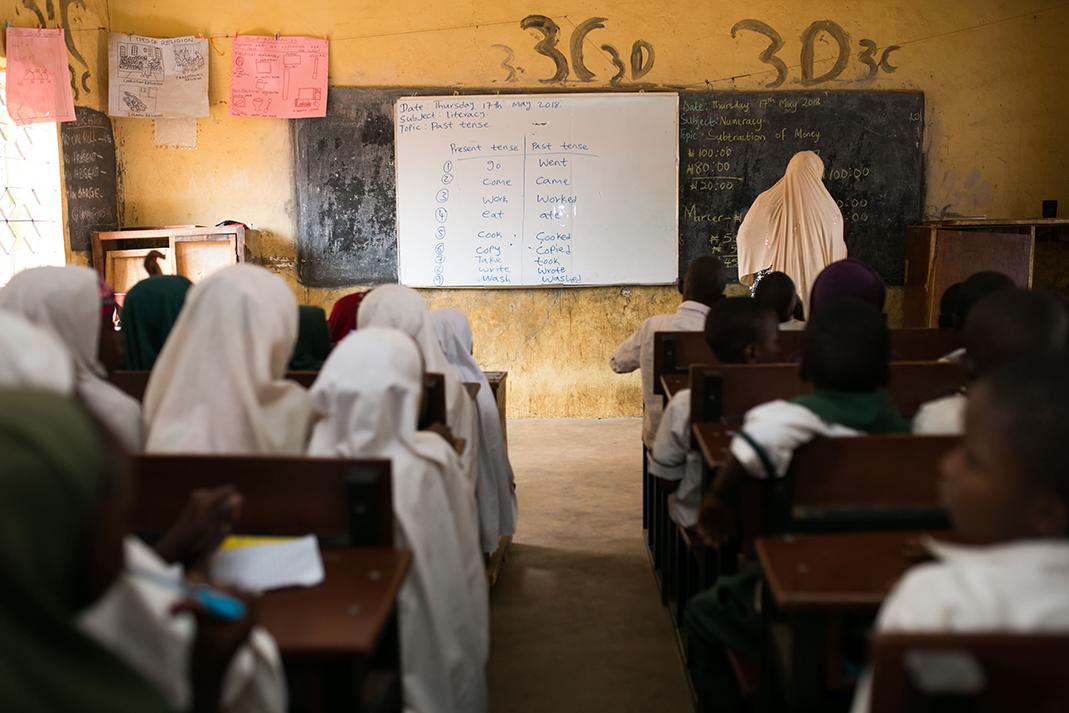
Piloting A Graded Assessment Of Private Schools
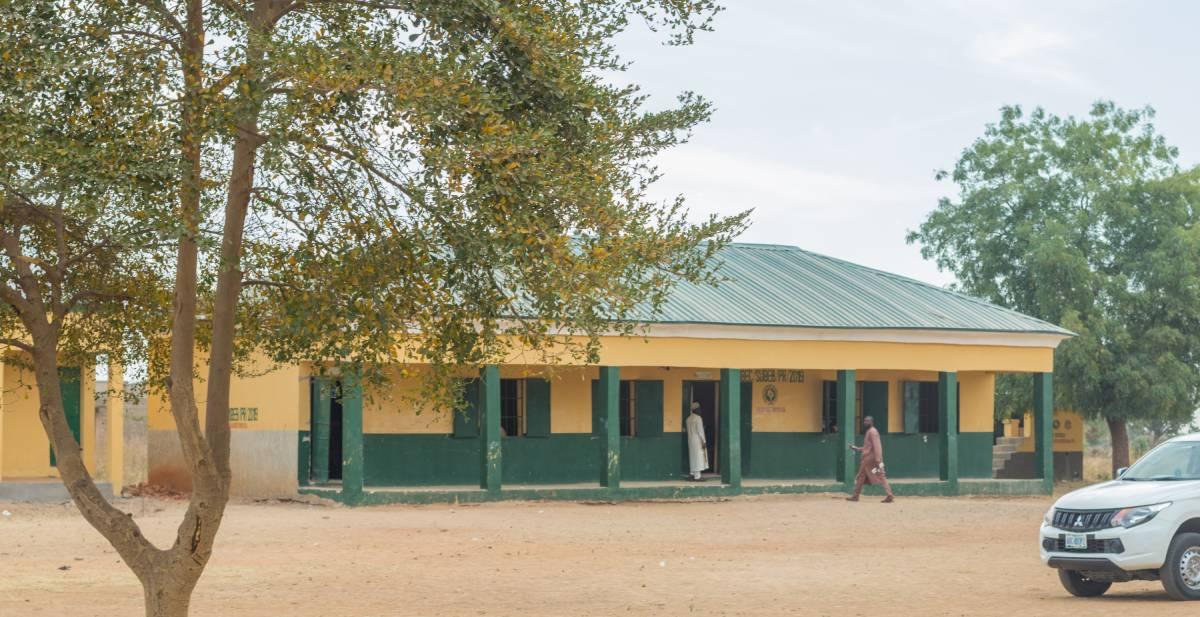
Support for Low-Cost Primary Schools
Milestones Achieved
0
Community learning hubs raising education awareness and promoting learning skills in informal settings
0
+
Teachers were trained on inclusive foundation skills and accelerated learning
0
+
Reading ambassadors, including a significant number of female facilitators were trained to support community learning hubs.
0
+
Learners reached including over 282,000 girls and 23,900+ children with disabilities.
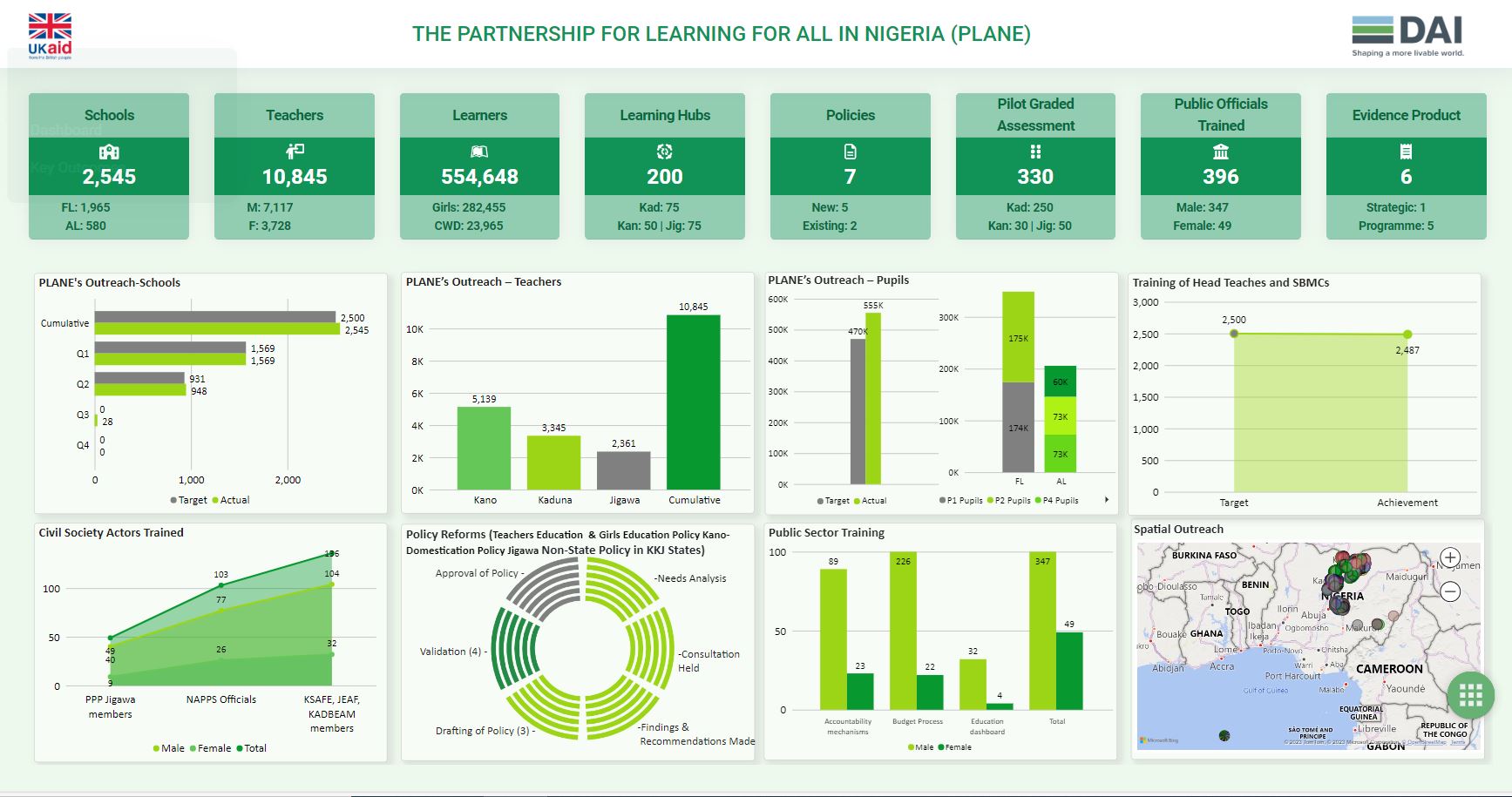
Helping children shape a better future
for themselves and their community.
UK Reaffirms Commitment to Education at Kano Conference
The Kano State Government, in collaboration with the UK's Foreign Commonwealth and Development Office (FCDO) PLANE and Arewa Consultative Forum, hosted the Education Recovery Conference on July 10th and 11th, 2024. This event brought together thought leaders, political actors, diplomats, educators, private sector players, advocates and policymakers to address significant challenges in Kano's education sector.
LEARN MOREKANO STATE SET TO HOST MAJOR EDUCATION RECOVERY CONFERENCE
The Kano State Government, with the support of the United Kingdom’s Foreign and Commonwealth Development Office (FCDO) in Nigeria and Arewa Consultative Forum, is set to convene an education recovery conference on 10th and 11th of July, 2024. The conference featuring thought leaders, political actors, diplomats, educators, private sector players, advocates and policymakers, will focus on addressing significant education sector challenges in Kano State.
LEARN MOREPanel discussion: Strengthening Nigerian education systems to deliver at scale
On Thursday 23 May 2024, DAI held a live panel discussion on Strengthening Nigerian Education Systems to Deliver at Scale. This was a hybrid event, which attracted a very successful external attendance and participation in the Q&A. The session, moderated by Programme Director, Zehra Zaidi, featured the National Team Lead, Partnership for Learning for All in Nigeria (PLANE) programme, Dr Nguyan Feese; the Commissioner for Education in Kaduna State, Professor Muhammad Sani Bello; Senior Education Adviser, British High Commission in Nigeria, Ian Attfield; and the Country Director, DAI Nigeria, Dr Joe Abah.
LEARN MORE
Locations
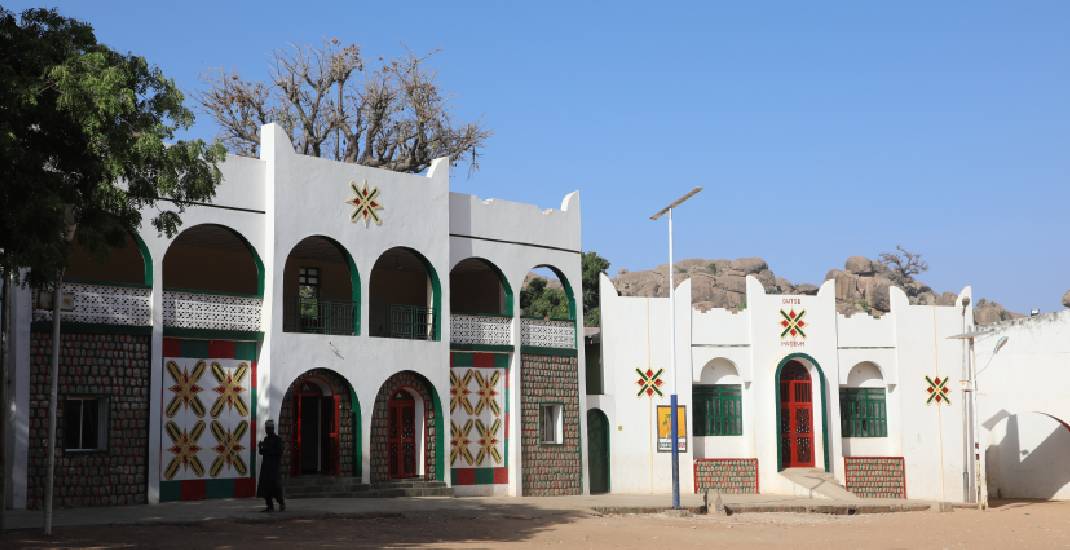
Jigawa State
Jigawa State, situated in northern Nigeria, is known for its strong partnership with the state government in implementing educational reforms. PLANE has actively collaborated with education agencies and stakeholders in Jigawa to achieve milestones in policy development, community engagement, and capacity development.
The 2023 elections brought a Governor-Elect who is familiar with PLANE's supported reforms, providing an opportunity for continued engagement and support. Collaborations with PLANE Window Three and other FCDO programs have expanded partnerships, leading to involvement in various committees, policy fora, and community initiatives.
PLANE has worked closely with government and local government education authorities to mitigate these issues. Efforts are underway to improve school supervision, mentoring, and coaching, as well as recruit additional teachers for immediate deployment.
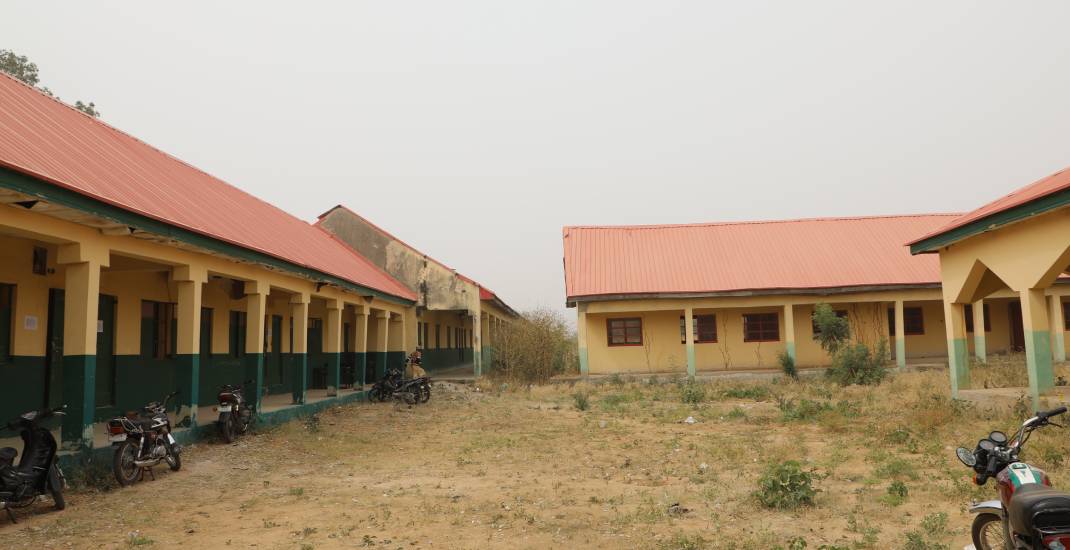
Kano State
Kano State, located in northern Nigeria, has been a focus of PLANE's efforts to drive education reform and increase public-private partnerships (PPPs). The state has seen high-level engagements and strategic stakeholder meetings, demonstrating their commitment to education reform.
An opportunity for scaling up PLANE's foundational skills approach has emerged through collaboration with the Arewa Consultative Forum (ACF), a philanthropic organization operating in Northern Nigeria. Discussions are underway to develop a tripartite arrangement involving PLANE, ACF, and the State Universal Basic Education Board (SUBEB) to expand PLANE's work to additional Local Government Areas (LGAs).
These initiatives and engagements reflect PLANE's dedication to improving education outcomes and fostering partnerships in Kano State.
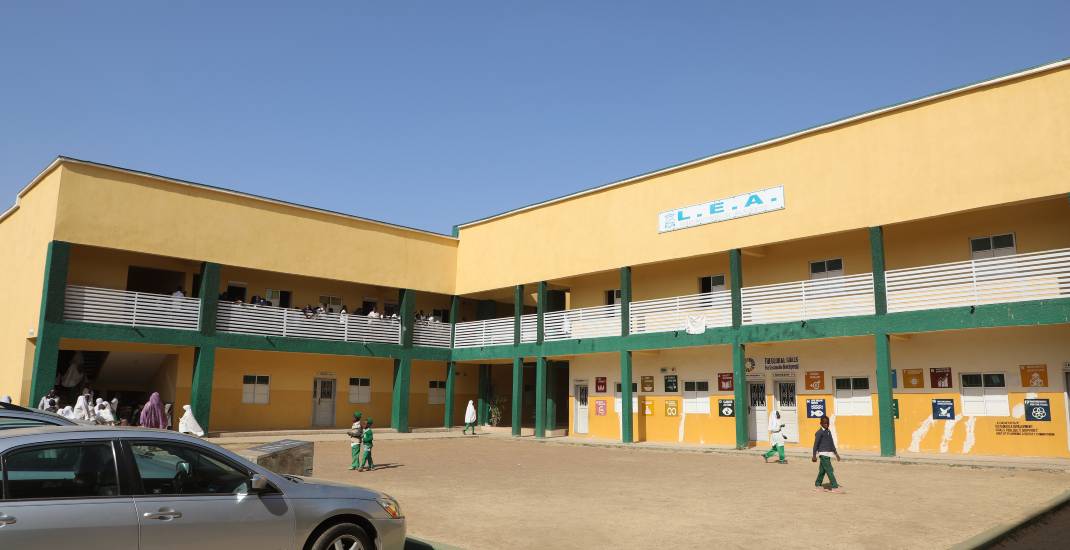
Kaduna State
Kaduna State, located in northern Nigeria, is known for its rich cultural heritage and diverse population. The state is committed to improving its education sector, and PLANE has played a crucial role in this endeavor.
PLANE's inclusive approach to programming has gained acceptance in Kaduna State, building trust, and improving service delivery. The program has provided technical assistance, research support, and strategic document reviews to enhance learning outcomes. Collaborations with education programs in the state have harmonized interventions and raised awareness about the importance of investing in education.
Despite challenges such as poor coordination among head teachers and multiple education programs, PLANE has worked with the State Universal Basic Education Board (SUBEB) to address these issues. Efforts are underway to extend harmonization to all interventions and scale up accelerated learning approaches to benefit learners across grades 1-6.
